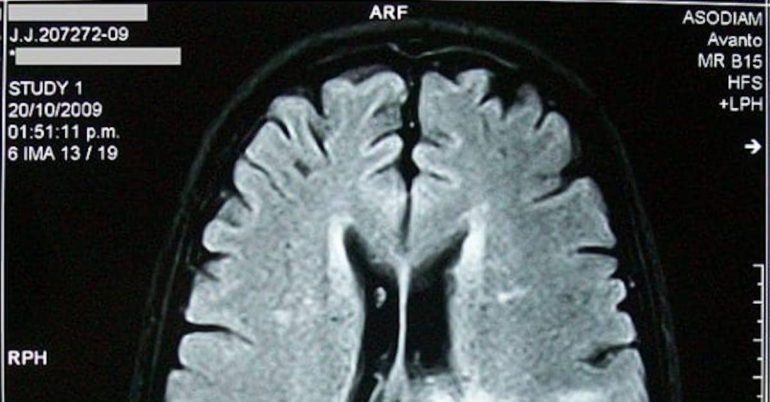We all had that classmate who could always memorize everything at the first flip of the textbook while we slogged over history dates and chemical reactions. We have envied them without fail and secretly harbored the conviction that they are smarter than we are.
Guess what though; new scientific development mentions that this belief might be wrong. Intelligence, as it turns out- has nothing to do with how good your memory is.
The brain function in a way to remember some things, and forget some others. Forgetting, therefore, is a core part of intelligence.
Is forgetting as important as remembering?
Going by a new review paper from Paul Frankland who is a senior fellow in CIFAR’s Child & Brain Development program and Blake Richards who is an associate fellow in the Learning in Machines and Brains program, our brains constantly works to forget things.
These two researchers reviewed the literature on remembering-called persistence and the literature on forgetting; called transience. This paper, published in the science journal Neuron concludes that for our brain, forgetting is as instrumental as remembering.
The real goal of memory is not to remember everything but to help in efficient, prompt decision making. It is important for the brain to forget irrelevant details so that it can create stripped down memories which are more useful in predicting the future and for making decisions.
Science’s focus on forgetting
Till date, neurobiological research on memory has been more on cellular mechanisms involving the storage of memory. But from the focus on persistence, attention is slowly shifting to transience. Up till now, the inability to remember has been a failure of the mechanisms set for storing or recalling information.
This is where the breakthrough lies:
Recent studies show that there are mechanisms that promote memory loss, and these are distinct from those that promote persistence. That would mean, two antagonistic structures are working side by side to make you forget your best friend’s birthday, damn it!
Do we really need to forget?
If our energy spends so much energy storing memories, why does it also spend energy forgetting the information?
Richards says there are two possible answers to this phenomenon. First of all, in a constantly updating world, the information you come across constantly becomes irrelevant. Your brain is constantly trying to navigate everyday decisions and a constant flood of conflicting memories can make it impossible to make an informed choice. Therefore, forgetting information not relevant to one’s present is a way the brain becomes more intelligent.
Another reason for forgetting is to allow us to accept the past in a generalized form and relate them to new experiences. This process in Artificial intelligence is called regularization. It happens by creating simple computer models that get rid of specific detail and just trace a series of core information from a large data set. This lets one apply the information in a wide range of places.
At the end of the day, the researchers talk about how the person who knows the most trivia is not considered the most intelligent.
We judge intelligence by how efficiently one can take decisions, and while the memory is imperative in this process, so is the ability to forget information.









